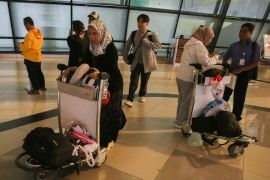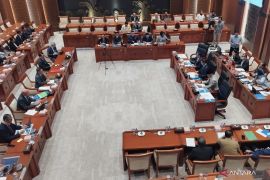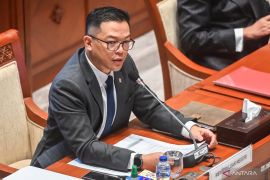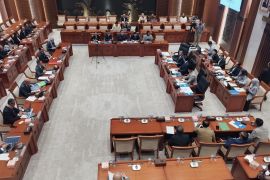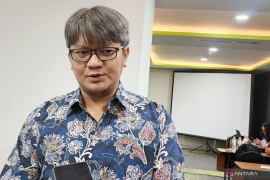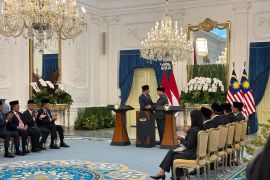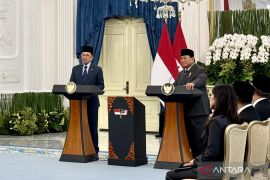Addressing a press conference at the White House, the president reiterated that he believes "a window of opportunity" exists at this stage for a diplomatic resolution to the standoff over Iran`s controversial nuclear program.
"That`s not just my view. That`s the view of our top intelligence officials. It`s the view of top Israeli intelligence officials," he said.
He claimed that Iran is "feeling the bite" in a substantial way of the crippling sanctions in place against it and is politically isolated.
"This notion that somehow we have a choice to make in the next week or two weeks or month or two months is not borne out by the facts," he stressed.
He criticized his political rivals for their "casualness" in talking about war with Iran, saying a war has impact on American lives, national security and economy.
"Those folks don`t have a lot of responsibilities. They`re not commander in chief," he said. "This is not a game, and there`s nothing casual about it."
However, Obama failed to persuade Israeli Prime Minister Benjamin Netanyahu to hold off a unilateral military action against Iran`s nuclear sites in the coming months in their high- profile meeting at the White House on Monday.
The president had urged the prime minister to allow for more time for diplomacy and sanctions to work.
"None of us can afford to wait much longer," Netanyahu told the American Israel Public Affairs Committee, a powerful pro-Israel lobbying group in Washington, on Monday night.
"As prime minister of Israel, I will never allow my people to live in the shadow of annihilation," he declared.
Obama repeated at the White House press conference that Israel is a sovereign nation that has to make its own decisions about how best to preserve its security.
"And as I said over the last several days, I am deeply mindful of the historical precedents that weigh on any prime minister of Israel, when they think about the potential threats to Israel and the Jewish homeland," he said.
Yet, he cautioned against a premature military action, saying it is not just an issue of consequences for Israel, but for the United States as well.
"I think it`s very important for us to take a careful, thoughtful, sober approach to what is a real problem," he remarked.
He reiterated that he is not seeking a policy of containment, but rather a policy of preventing Iran from getting a nuclear weapon.
"Because if they get a nuclear weapon that could trigger an arms race in the region, it would undermine our nonproliferation goals, it could potentially fall into the hands of terrorists," he explained.
He called for Iran to come to the table and negotiate in a " clear and forthright" way to prove to the international community the peaceful intentions of its nuclear program.
"They know how to do that," he stated. "I don`t expect a breakthrough in a first meeting. But I think we will have a pretty good sense fairly quickly as to how serious they are about resolving the issue." (*)
Editor: Kunto Wibisono
Copyright © ANTARA 2012

